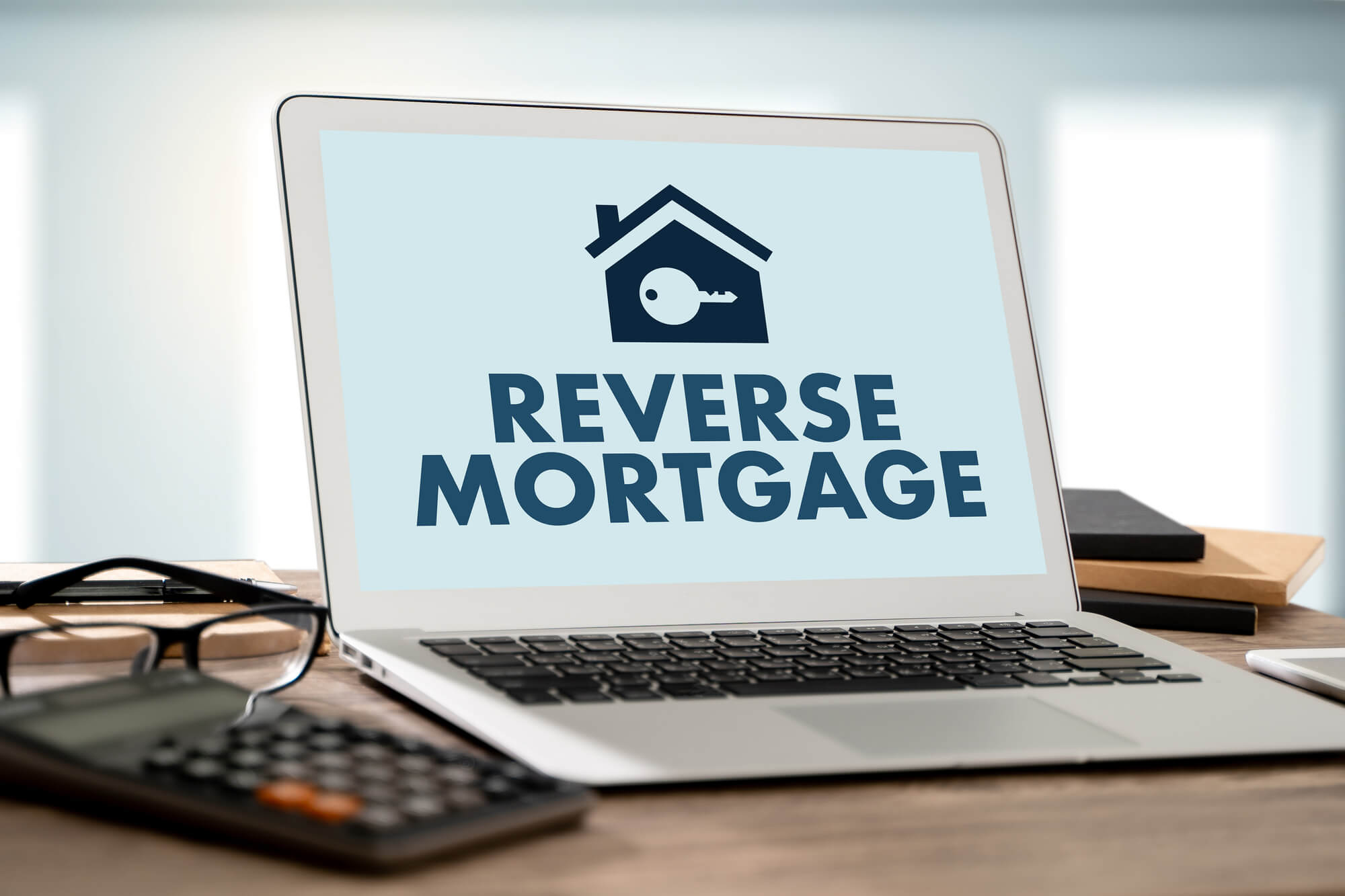As we grow older, we start worrying about our financial security, especially near retirement. We want to secure enough money to live our golden years without worrying about our finances. Many seniors consider getting an attractive option like a reverse mortgage to be financially secure. You may start wondering: what is a reverse mortgage and how does it work? Well, reverse mortgages are different from conventional mortgages. In this blog post, we will explore what reverse mortgages are so you have a clear understanding before taking one out.
What is a Reverse Mortgage and How does it Work?
For starters, reverse mortgage allows people aged 62 and older to borrow money against the current equity of their home. This eliminates the need for borrowers to make a monthly payment and the loan is repaid when they move out of their home, sell it, or when they meet their untimely demise. The lender may evaluate how much can be borrowed based on the borrower’s age, their home’s value, and the interest rate.
What are the Requirements to Qualify for a Reverse Mortgage?
As previously mentioned, the borrower must be at least 62 years old. If your home is owned jointly, then at least one of the borrowers meets the minimum age requirement. Aside from age, there are other requirements to make you eligible for a reverse mortgage, and here are some of them:
- Homeownership: You must own a house or have a significant amount of equity in it. If your home still has a mortgage, you will have to pay it off with the proceeds from the reverse mortgage.
- Primary Residence: You must live in your primary residences for at least 6 months. Keep in mind that your vacation homes or rental properties are not eligible for a reverse mortgage.
- Property Condition: Your home must be in good condition and should adhere to the property standards of the Federal Housing Administration (FHA). There must be no structural damage and no health and safety hazards.
Benefits of a Reverse Mortgage
The key benefit of a reverse mortgage is that it enables you to access the equity of your home without having to sell it. A reverse mortgage is beneficial for seniors who have limited income and may need additional funds for their healthcare and home repairs. Furthermore, if you get a reverse mortgage, you are still the owner of your home and you can continue to live in it as long as you want.
Risks of a Reverse Mortgage
Although there are benefits to a reverse mortgage, you must also keep in mind that there are risks that you need to be aware of. For instance, the interest on a reverse mortgage may accumulate over time and can significantly reduce your home’s equity. At the same time, if you choose to move out or pass away, the loan must be repaid if your heirs want to keep your home.
Conclusion
If you’re a senior, a reverse mortgage can be an excellent option for you to secure your financial future. However, it’s vital that you understand the requirements for qualification as well as the risks that come with it. With the right knowledge and guidance, you can enjoy your additional funds while living in your home. If you are interested in applying for a reverse mortgage, feel free to contact us at Mann Mortgage.

